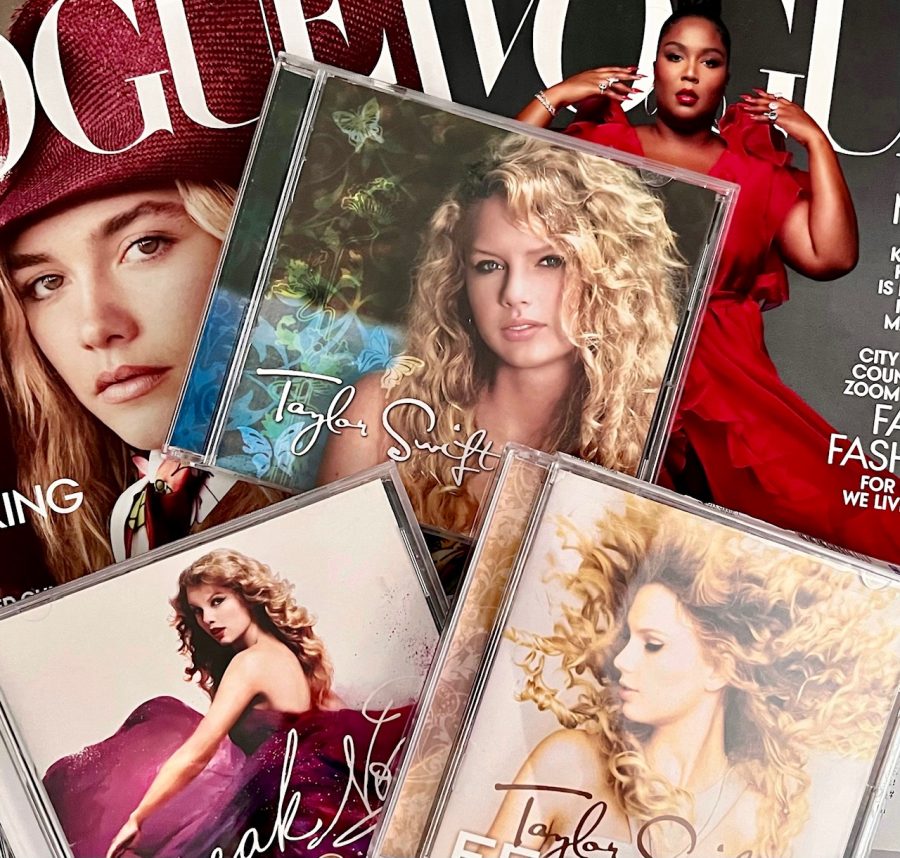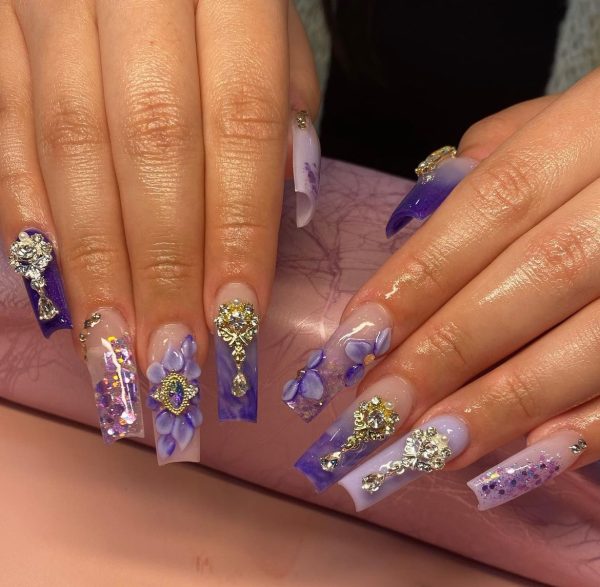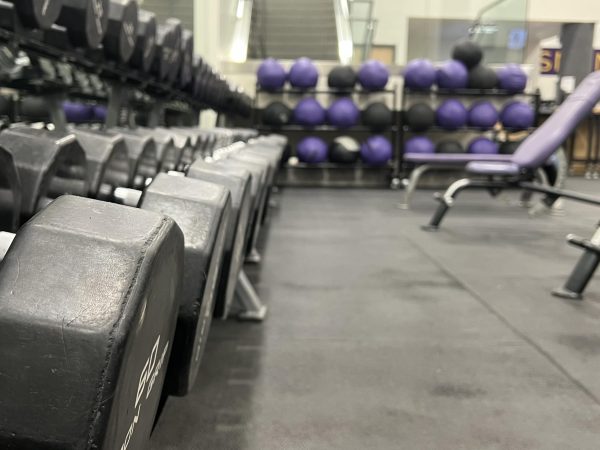Hyper-feminine interests should not be disparaged or require legitimization
Interests that have been labeled hyper-feminine or been mocked.
February 15, 2022
Our society often vilifies or devalues women’s interests because of the conditioned need to please patriarchal expectations. Women should be able to like what they like without feeling required to prove or defend its worth.
Women are simultaneously pressured to go against the current but also enjoy the same media and art as everybody else. They cannot win because society always finds a way to condemn them for being too much of one thing or not enough of another.
Interests that have been described as hyper-feminine or that are targeted towards women typically get written off as vapid, inane, or frivolous. In spite of this, we are slowly experiencing an awakening where women are more freely expressing their interests and not concealing them because of patriarchal constraints. I think it is necessary that this momentum persists because it allows women to exist outside of the patriarchy and detach themselves from internalized misogyny.
Internalized misogyny is when sexist beliefs and behaviors are internalized and projected onto oneself and other people. Not even 10 years ago, this internalized misogyny regarding hyper-femininity was ubiquitous. Girls were hesitant to say they liked Taylor Swift, Twilight, or even the color pink because of the misogyny they held or faced. We felt that we needed to separate ourselves from what other girls were interested in, as if being similar to other girls was the worst thing we could do in the eyes of misogynistic people.
“When I went and sat at the boys table, I wanted them to think I was different and not like other girls. I was literally six, and I was already like, ‘I don’t want to be viewed like everybody else, I don’t want to be a part of this stereotype,’ and I would lie about stuff that I liked,” said Chloe Sulewski, junior at Cal Lutheran.
The term hyper-femininity itself has negative connotations. To enjoy what other girls enjoy translates to liking something that is overrated or superficial. In turn, this causes hyper-femininity to be demonized in the media. This misogyny is so deeply ingrained in the fabric of society’s standards of what constitutes the satisfactory amount of femininity in both women and men.
“I love seeing these super badass, strong women break this stereotype that men have of hyper-feminine women,” Sulewski said. “All the women that I know like that know how to speak up for themselves, they are extremely smart, and they know how to navigate life in a mature way.”
It is also important to note that hyper-feminine interests and qualities do not automatically prevent the existence of stereotypically masculine interests and qualities. The two are not mutually exclusive, and less emphasis should be placed on what is considered feminine or masculine, given that gender is socially constructed.
An article published by Medium said, “contouring your face or being emotional does not preclude being good at math. Being vulnerable does not mean you cannot be in politics. Femininity isn’t holding back women, a patriarchal society which favours masculine personalities is.”
Women should be able to appreciate their interests without it being compared to the list of patriarchal expectations of femininity. These interests should not have to be legitimized, justified, or defended.
I am seeing a shift where this is becoming the case. We need to stop defining femininity for women and let them define, or not define, it for themselves. Additionally, it is vital we push for authentic representations of women in movies and television. This entails representations that don’t always portray hyper-feminine characters as ‘the mean girl’ or ‘the dim one.’ This is especially crucial for media intended for children because social conditioning starts young.
Along with the ways children should see women portrayed as they grow up, Sulewski said gender studies should be discussed more in schools at a younger age to reduce the perpetuation of stereotypical ideologies.
To belittle women’s interests further perpetuates the notion that what they appreciate, relate to, or find solace in is inferior. Women should get to decide on their own terms what deserves to hold value or importance to them.











